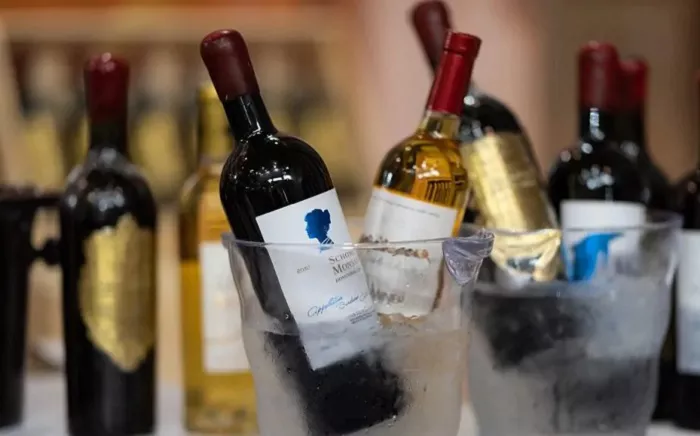Vinarchy has unveiled a significant restructuring plan aimed at consolidating and enhancing its winemaking operations in Australia, including a AU$30 million (US$19.5 million) investment in its Rowland Flat site in South Australia.
As part of the initiative, the wine group will establish two central winemaking hubs—Rowland Flat and Berri Estates. The Rowland Flat facility will be transformed into a centre of excellence for premium and sparkling wines, while Berri Estates will serve as the company’s primary commercial winemaking, packaging, and warehousing hub. Vinarchy will also relocate its global corporate headquarters to Adelaide.
The company plans to transition winemaking from its St Hallett winery in the Barossa Valley and its Tintara winery in McLaren Vale to Rowland Flat for the 2026 and 2027 vintages, respectively.
Joe Russo, Chief Supply Officer at Vinarchy, said the dual-hub model will enable the company to consolidate resources and expertise, enhancing operational efficiency and competitiveness amid persistent challenges in the global wine industry.
“Both St Hallett and Hardys are critical brands for Vinarchy and we recognise the rich local history they have in the Barossa and McLaren Vale,” Russo said. “While our winemaking will move, our commitment to quality wines, local sourcing, and premium cellar door experiences for these brands remains unchanged.”
The company acknowledged that the changes may lead to uncertainty among employees. While no specific figures were disclosed, Vinarchy confirmed that affected roles may be subject to redeployment, redundancy, or outplacement support.
The restructuring follows the formation of Vinarchy earlier this year, when Accolade Wines’ parent company, Australian Wine Holdco, finalized the acquisition of several wine assets from Pernod Ricard. The newly formed entity merges Accolade’s portfolio with former Pernod Ricard operations in Australia, New Zealand, and Spain.
Vinarchy’s global assets include well-known labels such as Jacob’s Creek from Australia, Brancott Estate and Stoneleigh from New Zealand, and Campo Viejo from Spain. The group produces wine across Australia, New Zealand, Spain, and South Africa, and sources grapes from several other regions, including Italy, Argentina, France, the US, and Chile.
In a further streamlining move, the company recently confirmed plans to drop around 4% of its revenue-generating brands, with reports from the Australian Financial Review suggesting that up to 50 brands could be cut from its portfolio.
You Might Be Interested In:


